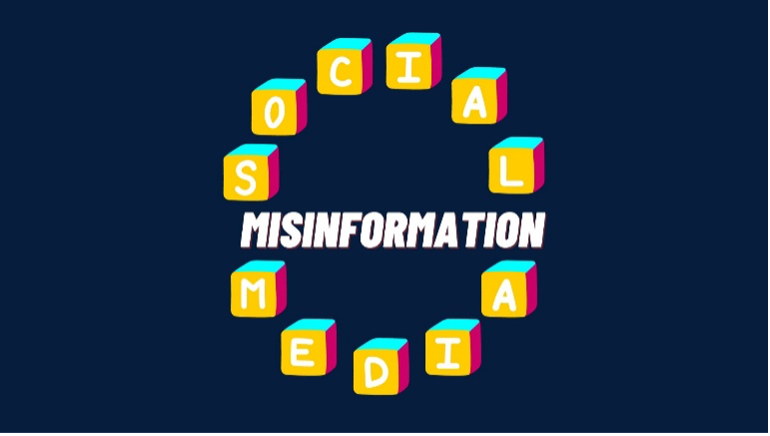
Dr. Bogdan Carbunar is conducting research to study, detect, and contain influence campaigns in social media. The project, supported by NSF, introduces a novel approach to the study of influence campaigns, improving our understanding of the threats they pose, and leveraging gleaned insights to develop solutions that detect and reduce the reach and impact of influence campaigns. The project is titled,
“SaTC: CORE: Small: Study, Detection, and Containment of Influence Campaigns.”
Influence operations are increasingly relying on social networks to distribute and amplify misinformation and hate speech with significant societal impact. This project could potentially minimize the attack surface to undesirable content and influence campaigns for vulnerable social network users who lack the background required to recognize and safely react to such content. Developed solutions may further reduce the perception of bias for people who distribute undesirable content and give them a sense of fairness toward content moderation techniques.
The NSF project, which totals $529,609 over three years, will build on the thesis that efforts to study and contain influence campaigns need to involve the individuals who distribute undesirable content. To achieve this aim, Dr. Carbunar and his team are designing and conducting informed-consent studies with participants to get a better sense of the undesirable content and to understand the goals, motivation, resources, strategies, and perceptions of those who make these posts.
Ultimately, the team hopes to develop a framework to detect influence campaigns, attribute undesirable content and the accounts that post it to their organizers and characterize their strategies. The team will also design interventions that empower selective audiences to reduce the reach and impact of undesirable content.
The project’s full abstract can be found at https://www.nsf.gov/awardsearch/showAward?AWD_ID=2321649.
